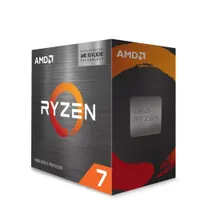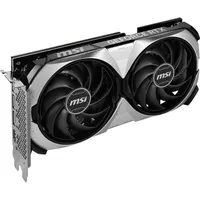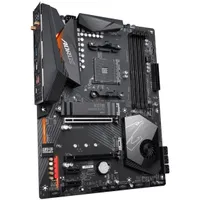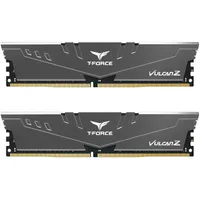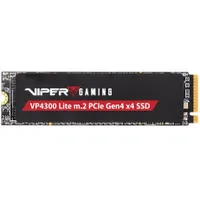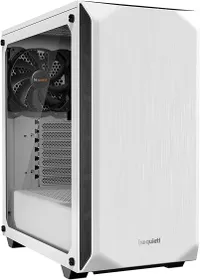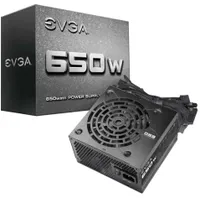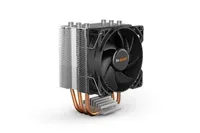How to build a PS5 Pro PC-equivalent gaming rig
The PS5 Pro looks cool, but I’d rather have an equivalent PC – these are the parts I’d use

The PS5 Pro is here, and as someone who never got around to buying the original model, I’m very excited. Wait, it costs how much? Actually, never mind, I’m going to build a new PC instead.
Yes, building a custom gaming PC has plenty of advantages over getting a home console like Sony’s latest $699.99 / £699.99 / AU$1,200 machine, and it shouldn’t cost you that much more; there’s no denying it’ll be more expensive, since consoles have the advantage of fixed-spec configurations that help cut down manufacturing costs, but the best gaming PCs (whether custom-assembled or prebuilt) can be upgraded over time, and offers limitless backward compatibility for all your favorite games.
Besides, I already own so many PC games that I need a spreadsheet to keep track of them (503 titles and counting). I’m not about to abandon all of those just so that I can pay $70 per game; sorry, Sony.
Matching the PS5 Pro
I’ve done my best to keep costs low wherever I can, and many of the prices here are pre-discount; with Black Friday looming, chances are you’ll be able to snag most of these components for less than the standard retail price.
I've only listed retailer links for the US below, as otherwise this article would become unwieldy. If you're in the UK, Australia, or elsewhere, most of these components will be readily available from Amazon or online component stores, and a quick conversion from the dollar prices listed to your local currency should give you a rough idea of what they'll cost.
While we're looking to keep costs down, there are some areas where we can’t afford to cut corners if we want to keep pace with the PS5 Pro’s newly boosted capabilities in our equivalent PC build.
Chief among these is the graphics card, and although we don’t know the exact specs of the PS5 Pro, there are some key extrapolations we can make right now. Based on Sony’s claim that the Pro’s rendering speed is “up to 45% faster” than the original PS5, we can assume that its integrated GPU is roughly equivalent to an Nvidia RTX 4060 or AMD RX 7700 XT.
There’s an important caveat here, though: PS5 games are better optimized thanks to the fixed specs of the console, meaning that despite mirroring the internal specs as closely as possible, those GPUs won’t give us the same level of performance in-game. With that in mind, I’ve upgraded to an RTX 4070, which we noted in our review was great for 4K gaming with Nvidia's DLSS upscaling tech – something Sony is currently aping with PSSR for the PS5 Pro.
Sign up for breaking news, reviews, opinion, top tech deals, and more.
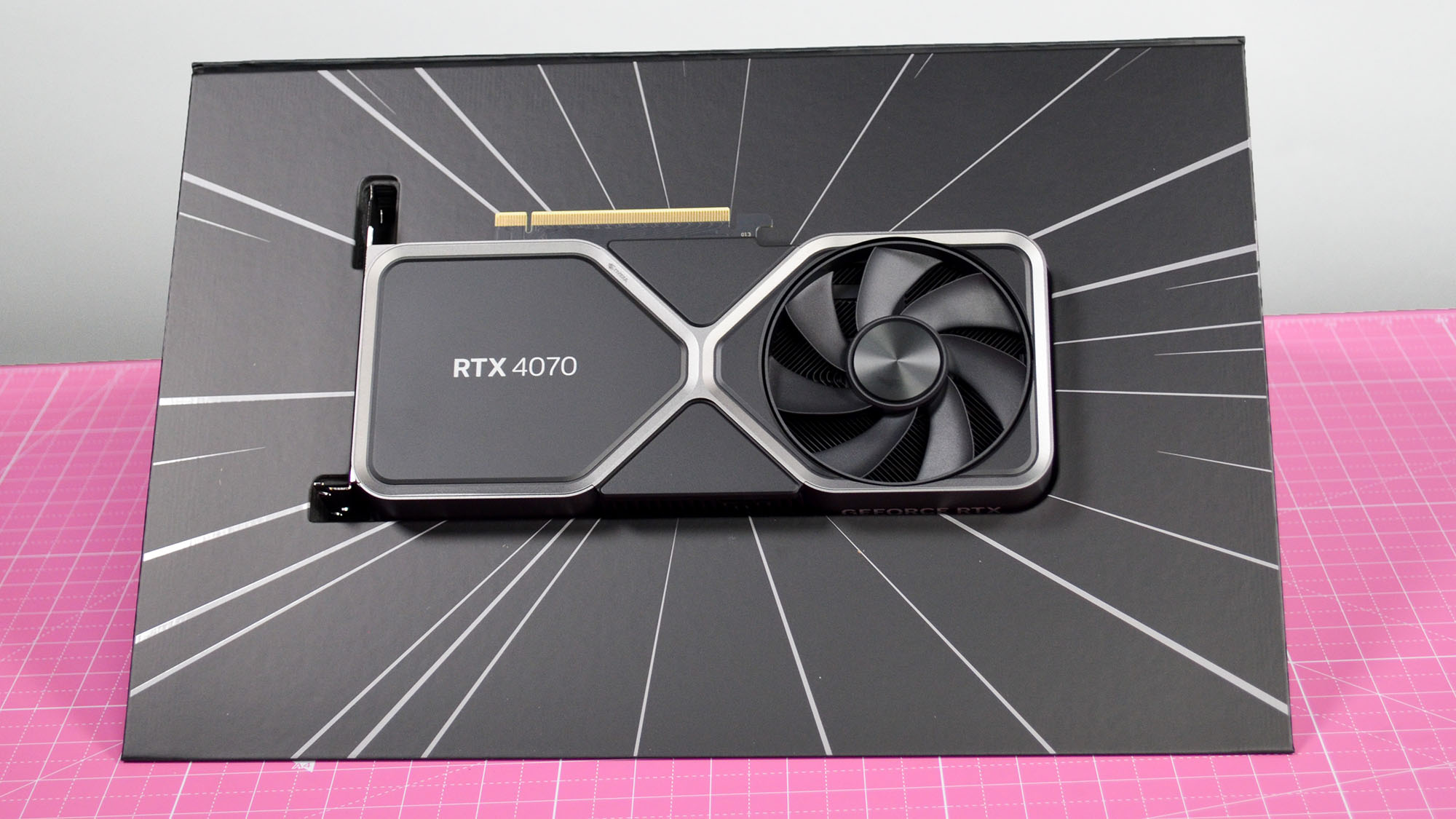
We also can’t skimp on our processor, and since AMD makes the custom chip that powers the PS5 Pro, I’m opting for a CPU from Team Red. The chip in question is the Ryzen 7 5800X – one of the best processors for gaming without breaking the bank. Opting for a 5000-series Ryzen chip also allows us to stick with a slightly more affordable AM4 chipset motherboard.
Beyond that, I’ve settled on a healthy 16GB of RAM (the same amount of unified memory in the PS5 Pro, and generally the minimum recommended amount for running modern PC games), a mid-range X570 motherboard, and of course 2TB of high-speed SSD storage. For the power supply, case, and cooler, I’ve opted for fairly affordable, though not bargain-basement, products to keep the total price down.
PS5 Pro PC equivalent: The parts
CPU: AMD Ryzen 7 5800X - $167 at Amazon
With eight cores, 16 threads, and overall strong gaming performance, the Ryzen 7 5800X is a good choice of CPU for a PS5 Pro equivalent build. The GPU matters more here, but this chip will ensure that you don't encounter bottlenecking in your system and offer solid performance in CPU-bound games.
GPU: MSI Ventus 2X OC GeForce RTX 4070 12GB - $519.99 at B&H Photo
Although the PS5 Pro's internal GPU might be closer in terms of specs to the RTX 4060, this RTX 4070 will help us secure better 4K performance - sidestepping the superior optimization you'll find in console games. With 12GB of VRAM, we'll also be comfortably winning in dedicated video memory, since the PS5 Pro has 16GB of unified RAM that has to be shared between the CPU and GPU - plus you can save $20 on this one with a mail-in rebate.
Motherboard: Gigabyte X570 AORUS Elite Wi-Fi - $259.99 at Amazon
You could probably get a cheaper motherboard if you're not too fussed about extra features (or appearances), but I've opted for this mid-range X570 mobo to support this build. It offers a built-in SSD heatsink, which will save us some money later on, along with Wi-Fi support and a good selection of physical ports. Those looking to replicate the PS5 Pro on a tighter budget should look for B550 boards instead!
RAM: Team Group T-Force Vulcan Z 16GB (2 x 8GB) - $32.99 at Amazon
Sweet and simple DDR4 memory, this 2 x 8GB kit from Team Group will serve our needs just fine. It's increasingly the case that resource-intensive PC games care more about VRAM than system RAM, so the 12GB of video memory on that RTX 4070 should suffice - meanwhile, 16GB of system memory will do the job. If you're planning to do a lot of multitasking (like streaming your games), you might want to bump this up to 32GB.
SSD: Patriot Viper VP4300 Lite 2TB - $104.99 at B&H Photo
Rather amusingly, the Amazon listing for this SSD specifically states that it's also compatible with the PS5 - in other words, it's ideal for our PS5 Pro equivalent build. High transfer speeds thanks to PCIe 4.0 connectivity and a hefty 2TB of storage for your games makes it a perfect fit.
Case: Be Quiet! Pure Base 500 - $54.90 at Amazon
Honestly, I could've found a cheaper case, but this is a trusted brand I've used for years (my very first PC build was in a Be Quiet! case) and also, I felt like having a white case felt appropriate for this build. This straightforward ATX case has a PSU shroud and space for all of our components, along with two pre-installed fans and a tempered glass window to show off the interior.
PSU: EVGA 650 N1 - $53.99 at Amazon
No need to go all-out here - unless you've got ambitions to further upgrade that GPU later on, 650W will be sufficient for our selected components. EVGA is a reliable brand, and while this power supply is non-modular, the case I'm using has a PSU shroud for you to hide away all of those excess cables.
CPU Cooler: Be Quiet! Pure Rock Slim 2 - $24.99 at Amazon
Again, you could probably pick up a bargain-basement CPU cooler compatible with that AM4 motherboard socket for about ten bucks if you really wanted to, but I don't want to keep the price that low - besides, sticking with a trusted brand is always a good idea. This is a straightforward air cooler for our Ryzen CPU, with a standard heat sink tower and single Pure Wings 2 fan from Be Quiet!
Conclusion: how did I do?
Tallying it all up here, this system would cost $1,218.84 to build at the time of writing, which is a fair bit more than the $699.99 / £699.99 / AU$1,200 base price of the PS5 Pro; if you're not in the US that's around £900 or AU$1,800, although of course you could end up paying a bit more or bit less depending on what components you go for and what deals you can find.
We're also missing one key feature, Wi-Fi 7 - but frankly, you should be using any gaming PC or console plugged into a wired Ethernet connection for the best service. In any case, I still think I've come out on top here. Hear me out...
If you want the 'full' PS5 Pro experience, it'll actually cost you closer to $825 in the US. That's because that $699.99 model doesn't include a disk drive – something that, frankly, home consoles should have as standard given the current game sales ecosystem – and Sony couldn't even be bothered to include the stand, which costs an extra $25. Finally, in order to play your games online (and access other free-on-PC features like cloud saves), you'll need to fork out $80 a year for PS Plus, assuming you opt for the lowest 'Essential' subscription tier. And if you want more than one DualSense controller? That'll be another $70.
In other words, buying a PS5 Pro today will cost you more over the next five years than building and using this PC for the same amount of time. Oh, and this system has no issues with generational backwards compatibility, has access to a far wider variety of games with better sales than the PS Store ever sees, and can even be upgraded at any point should you have the extra cash.
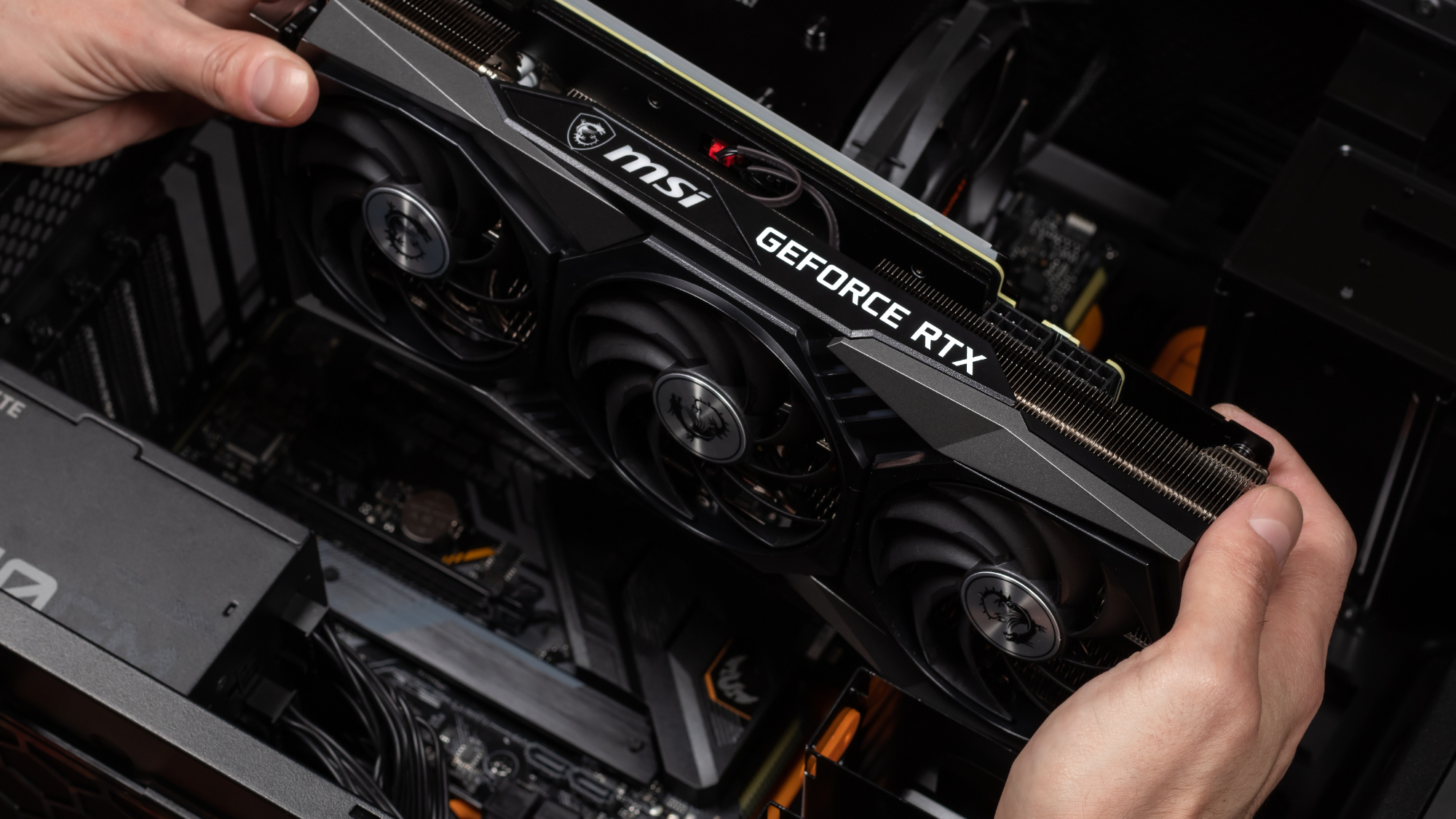
Plus, with the occasional injection of some new components at a lower cost than the complete system, it'll also last forever – while Sony is almost certainly going to insist that you buy a PlayStation 6 at some point in the next decade, and that one will probably be even more expensive. Oh, and I guess you can use it for stuff other than gaming, too. There's this 'work' thing I've heard a lot about.
While I've gone with dollar pricing for the components, some quick online research showed me that it's even better value for gamers in most other territories to build a gaming PC rather than buy a PS5 Pro – the new console is almost universally more expensive outside the US, particularly in the UK, where its £699 base price equals to more than nine hundred bucks!
If that $1,219 asking price is too high (and that's before even factoring in any better deals that might crop up later in the year), I'd be perfectly comfortable recommending an RTX 4060 or 4060 Ti – or a Radeon RX 7700 XT, if you prefer AMD over Nvidia – for the GPU in this system, which would shave a decent chunk off the price without causing too much of a performance drop. After all, that RTX 4070 at full price accounts for almost half the cost of the entire PC – not that you should cheap out on your graphics card for a gaming PC, mind you.
So yes, I'm happy with this setup, and I won't be spending my own hard-earned money on a PS5 Pro. PC gaming is king, and that's never going to change as long as I'm around. Oh, and one last thing - don't forget, you can nab free games from the Epic Games Store every single week just by making an account. What do you think of that, Sony?
You might also like...

Christian is TechRadar’s UK-based Computing Editor. He came to us from Maximum PC magazine, where he fell in love with computer hardware and building PCs. He was a regular fixture amongst our freelance review team before making the jump to TechRadar, and can usually be found drooling over the latest high-end graphics card or gaming laptop before looking at his bank account balance and crying.
Christian is a keen campaigner for LGBTQ+ rights and the owner of a charming rescue dog named Lucy, having adopted her after he beat cancer in 2021. She keeps him fit and healthy through a combination of face-licking and long walks, and only occasionally barks at him to demand treats when he’s trying to work from home.
